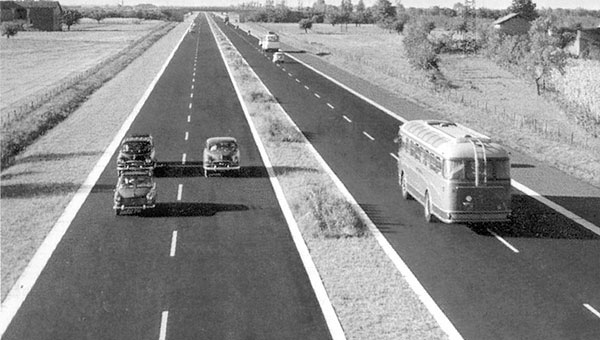Il miracolo economico
(The Economic Miracle)
DOI:
https://doi.org/10.13135/2038-6788/8937Keywords:
Aristotle, Capitalism, Right to Livelihood, Philosophy and Economics, Malthus, Marx, Philosophy Politics and Economics, Poor, Principle of Non-Contradiction, Principle of Population, SpaceAbstract
The essay begins with an analysis of Malthus’ Essay on the Principle of Population, in which one can retrace a physicalism of space: the want of room implies the failure of all politics of distribution that are not first concerned with a decrease in the birth rate. Following up on this, Aristotle’s principle of non-contradiction (that is, philosophy itself) is interpreted as an economic device that creates room where there is none—something like a space generator. Whereas in the traditional static interpretation of it the principle of non-contradiction does not leave the realm of distribution, in a dynamic interpretation it actualizes an addition (it generates space). On its turn, economy does not simply distribute the already existing space but rather generates added space. Economics is therefore a philosophical science.


